Out of Sight, Out of Sound
When she learned she would go blind and deaf before her 30th birthday, Rebecca Alexander didn't have time to be afraid.
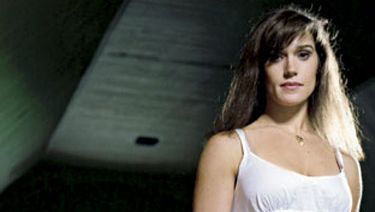
There are some things in life you know will happen, but they don't seem real. When you're a kid, you know you'll grow up, but you cannot imagine what it will feel like. You know you'll eventually die, but you don't spend every moment thinking about it.
That's how I felt nine years ago, at 19, when a doctor told me I was going to be both deaf and blind one day. I was scared, of course, but when you've always seen and heard, you can't comprehend life any other way. Only in the past year have I begun to understand what complete silence and darkness could be like.
The problems started in sixth grade, when I couldn't see the chalkboard. I went to several ophthalmologists where I sat completely still through long tests with wires attached to my eyeballs. I kept thinking, all this just to get glasses? Eventually, the doctors determined I had retinitis pigmentosa, an inherited disorder where the cells in the retinas slowly degenerate. They told my parents I'd be blind by the time I was an adult.
The diagnosis came as my parents were separating, and a new disagreement between them arose: how to break the news to me. They compromised, telling me I'd have difficulty seeing at night. But when you're 12, what does that mean? The whole thing didn't seem like a big deal to me.
A year later, my mom noticed that when she called me and my twin brother from downstairs, he'd answer but I wouldn't. The doctor just said, "No 13-year-old girl responds when her mother calls her."
Then tests confirmed my hearing was getting worse, too.
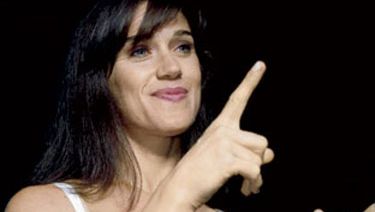
In a weird way, it made sense to me that things were wrong. I could already tell I wasn't like my mother. She was flawless — even her singing voice and handwriting were perfect. I was sloppy. I lied. The diagnosis felt like proof of my inadequacy.
Stay In The Know
Get exclusive access to fashion and beauty trends, hot-off-the-press celebrity news, and more.
My family puts a lot of emphasis on being attractive. My mother taught us to be impeccably groomed at all times and well mannered, like mini newscasters — which, surprise, is exactly what my older brother grew up to be. But I didn't understand how I was supposed to be attractive and disabled.
As for my difficulties seeing, I was fine in small groups, like at home, where my brothers didn't treat me differently. But by the time high school hit, it was hard to decipher what I was and wasn't hearing and seeing, since I still thought I was catching everything. In reality, I was missing a lot; my teachers were always accusing me of daydreaming.
I got my first hearing aids in high school, but I would only wear them with my hair down, and only in history class because the teacher mumbled. At least I had the built-in coolness that came with being a twin. I was good at sports (so long as it wasn't a game with a small ball — those were becoming hard to see). And yet, I was starting to feel I didn't quite belong.
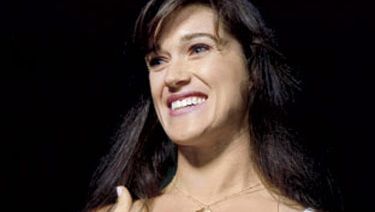
One thing I did to fit in was drink. Usually, I only drank beer — and not an abnormal amount for a kid that age. But one night, a month before I was supposed to start at the University of Michigan, I sat in a playground with my twin brother, our friends, and a bottle of vodka. I got so drunk that my brother had to carry me home. Trying to walk to the bathroom in the middle of the night, I went out the bedroom window instead and fell 27 feet to the stone patio below.
It's hard to say if the alcohol or my eyesight caused the fall. I broke nearly everything and was in a wheelchair for months. The doctors were amazed I'd survived — although they seemed certain I'd never walk normally again. I did four months of nonstop physical therapy.
Around the time I went to Michigan a year later, my hearing took its first big dip. My family learned to whistle to get my attention. Still, I was resistant to wearing the aids, despite needing them more and more.
On dates, I was terrified of guys finding out I had disabilities. If I was with one who didn't know I had hearing aids, I'd slip them out while we were kissing and put them under the bed.
Worse yet, I started getting "doughnut vision," which meant I could see peripherally and straight ahead but not in the doughnut area in between.
When I started college, I understood I'd eventually lose my eyesight, but I thought my hearing would remain fairly stable. Then an otolaryngologist diagnosed me with Usher Syndrome, a genetic condition that affects about 20,000 people in the U.S. It causes people to go both blind and deaf, either at birth or progressively. I hadn't considered that my vision and hearing losses were related and that I could — and would — lose both entirely.
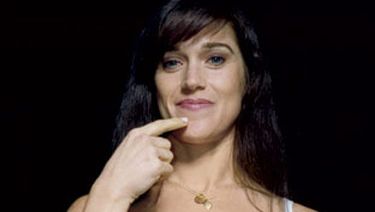
Maybe I was seeking control in a chaotic situation, but soon I was wrestling with anorexia and exercise bulimia. I'd work out four to six hours a day until I went into rehab for a month after graduation. At least I was just as compulsive about my schoolwork: I asked other people to take notes for me. In one class, a girl had live closed-captioning at her desk; I read over her shoulder. I did well, graduating with honors.
I learned sign language and was surprised I enjoyed it. If you don't know how to do it, you almost feel like you're missing out when you watch people sign to each other. After graduating from Michigan, I went to Columbia University for two master's degrees in public health and clinical social work. Now I'm a social worker at a school for the deaf, and I organize seminars at the Foundation Fighting Blindness. I'm also developing a private practice as a psychotherapist treating eating disorders.
Still, Usher is a difficult subject to bring up, especially on a first date, although most of my boyfriends have been supportive. I recently dated someone who kept a cup by the side of his bed for my hearing aids. My last boyfriend let me teach him sign language, and we'd use it all the time for fun. It was our own private thing.
I live in Manhattan, mainly because I need the public transportation. I live alone in a building with a doorman, which makes me feel safer. I have a cane now, though I don't use it much.
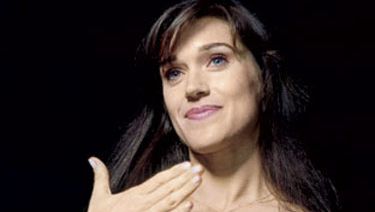
Sometimes, my brain tries to compensate for lost peripheral vision by creating images. For a while, I kept a frying pan by my desk because when I was at my computer, I would think I saw a man walking by the door out of the corner of my eye. No one was there. I used to love going to the movies, but it's tiring since I'm constantly scanning my environment. Still, I teach eight Spinning classes a week — they're often in the dark, and I've memorized the layout of each Spin room. I think my students would be surprised to find out the person telling them to pedal harder can barely hear or see them.
I feel an urgency to do as much as possible while I can still see and hear somewhat. I want to travel — lately, to Zanzibar and Mauritius and Tibet. And I want to have a family. I'm torn between wanting to settle down before my condition gets worse — it's like having another clock ticking besides the reproductive one — and feeling too young and uncertain. There are issues with having kids. Usher is inherited, and if I marry someone who carries the gene, there's a 50 percent chance of passing it on to my children. And pregnancy could accelerate my vision loss. Then I think about the fact that I may never see what my children look like. But I'll get to touch them and smell them — I think I'll know my children in a different way.
My doctors say it's possible that I will completely lose my hearing and vision in just a few years. It's finally becoming believable. But I think I'm ready to deal with it. I'll soon be a candidate for a cochlear implant, which will require major surgery but could drastically improve my hearing. If all goes well, I'll never live in total silence. But one of these days, I'll actually start using that cane. I try to stay optimistic. At 19, I couldn't imagine I'd have as much loss as I do now. But I'm OK. It's my life, and I don't have time for fear.
-
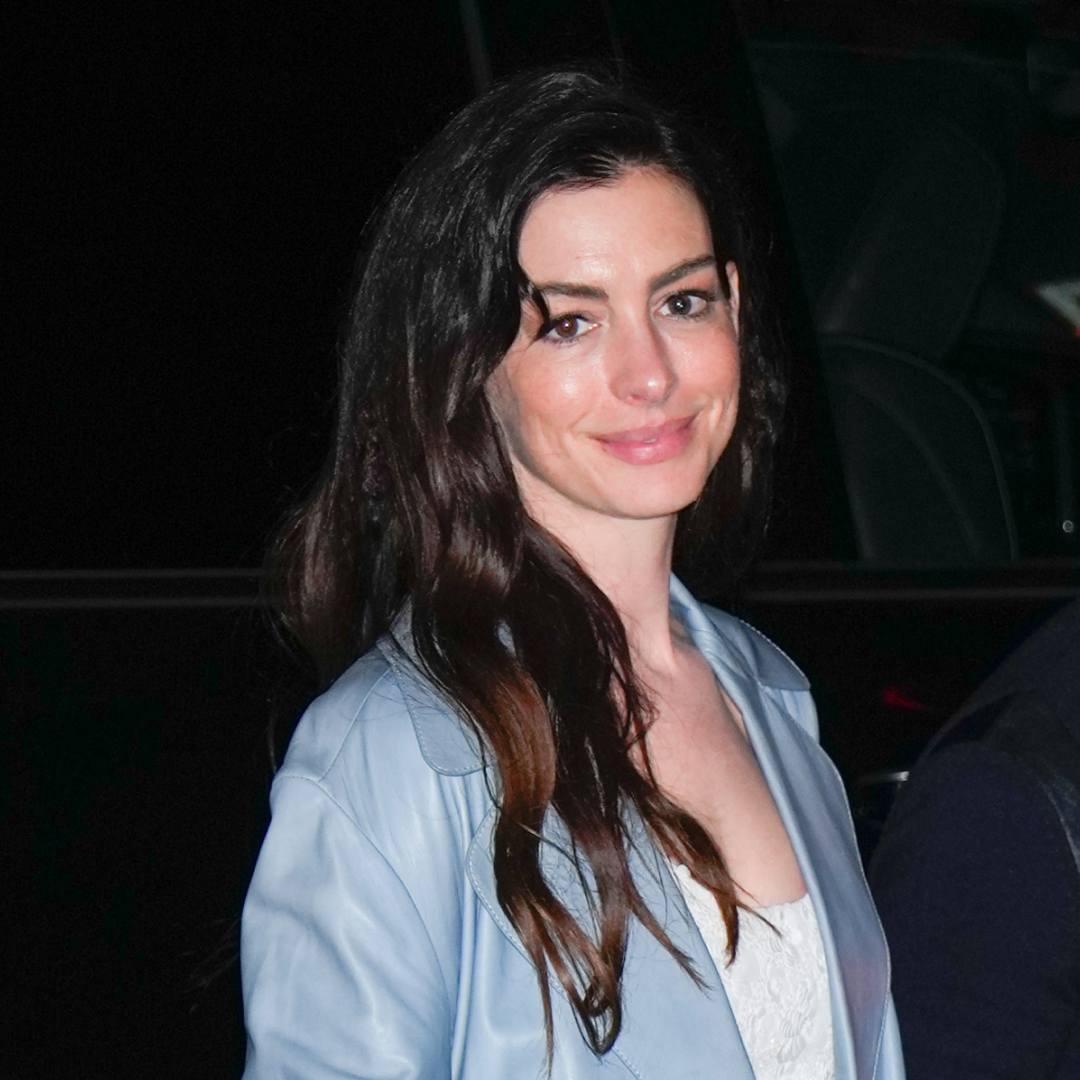 Anne Hathaway Goes Full Princess in a Cinderella Blue Duster Coat
Anne Hathaway Goes Full Princess in a Cinderella Blue Duster CoatA Michael Kors sequin mini dress brought a little sparkle to the Princess of Genovia's outfit.
By Amy Mackelden
-
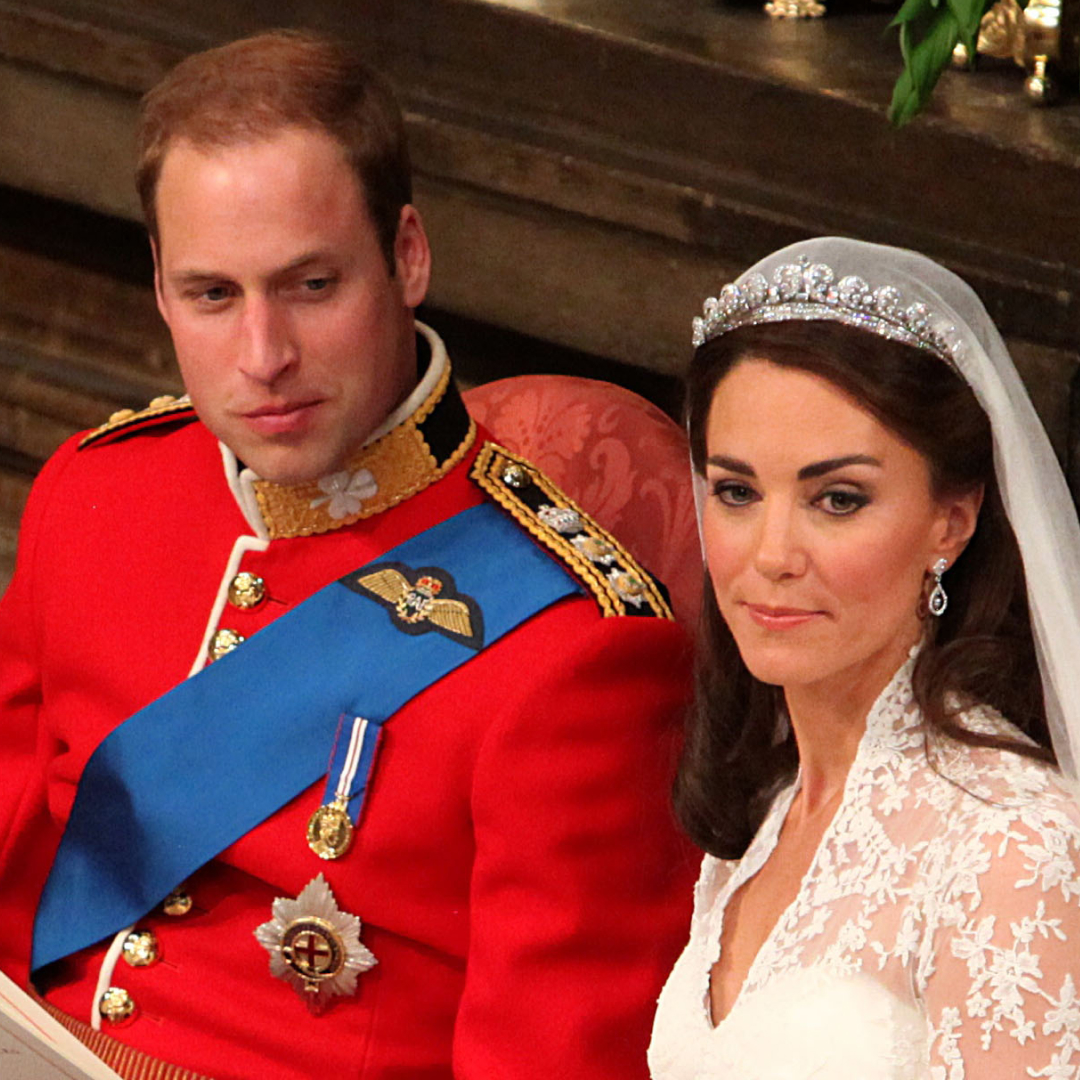 Why Prince William's Exes Attended His Wedding to Kate Middleton
Why Prince William's Exes Attended His Wedding to Kate MiddletonThe exes were invited "due to a more peculiar upper class British tradition."
By Amy Mackelden
-
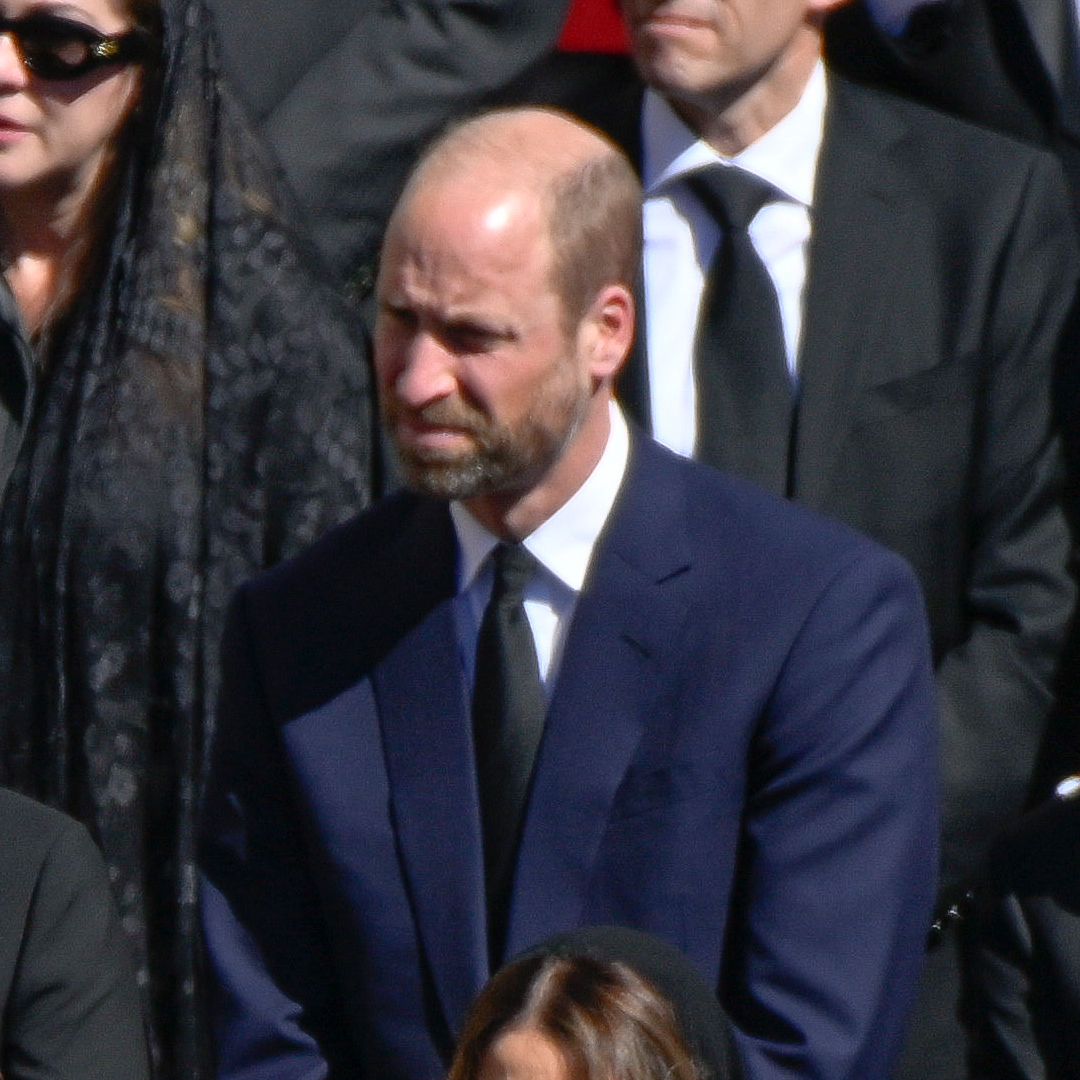 Why Prince William "Stepped in" for King Charles at the Pope's Funeral
Why Prince William "Stepped in" for King Charles at the Pope's FuneralThe seating plan was described as a "master plan" of "big egos."
By Amy Mackelden
-
 Senator Klobuchar: "Early Detection Saves Lives. It Saved Mine"
Senator Klobuchar: "Early Detection Saves Lives. It Saved Mine"Senator and breast cancer survivor Amy Klobuchar is encouraging women not to put off preventative care any longer.
By Senator Amy Klobuchar
-
 I'm an Egg Donor. Why Was It So Difficult for Me to Tell People That?
I'm an Egg Donor. Why Was It So Difficult for Me to Tell People That?Much like abortion, surrogacy, and IVF, becoming an egg donor was a reproductive choice that felt unfit for society’s standards of womanhood.
By Lauryn Chamberlain
-
 The 20 Best Probiotics to Keep Your Gut in Check
The 20 Best Probiotics to Keep Your Gut in CheckGut health = wealth.
By Julia Marzovilla
-
 Simone Biles Is Out of the Team Final at the Tokyo Olympics
Simone Biles Is Out of the Team Final at the Tokyo OlympicsShe withdrew from the event due to a medical issue, according to USA Gymnastics.
By Rachel Epstein
-
 The Truth About Thigh Gaps
The Truth About Thigh GapsWe're going to need you to stop right there.
By Kenny Thapoung
-
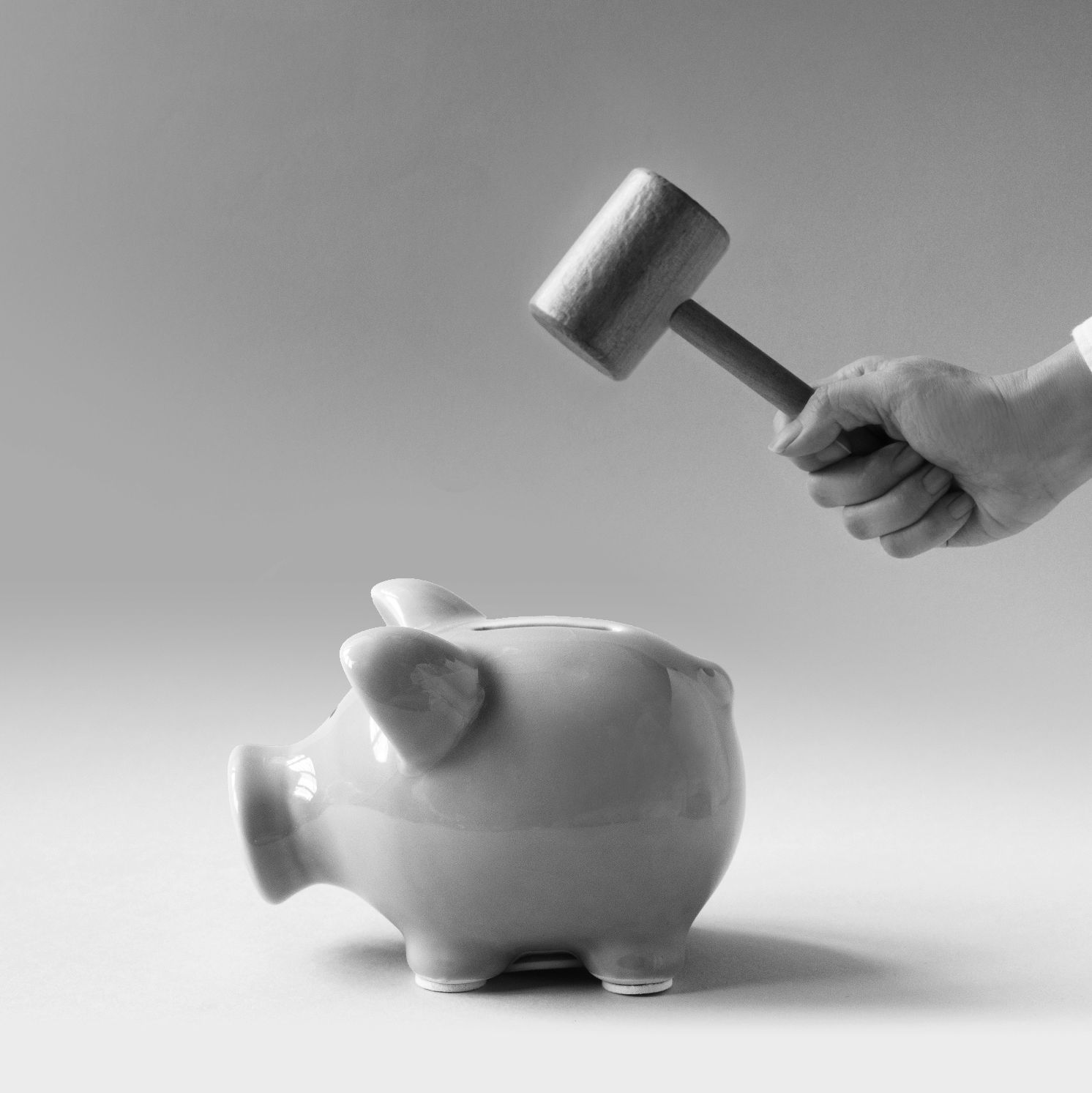 The High Price of Living With Chronic Pain
The High Price of Living With Chronic PainThree women open up about how their conditions impact their bodies—and their wallets.
By Alice Oglethorpe
-
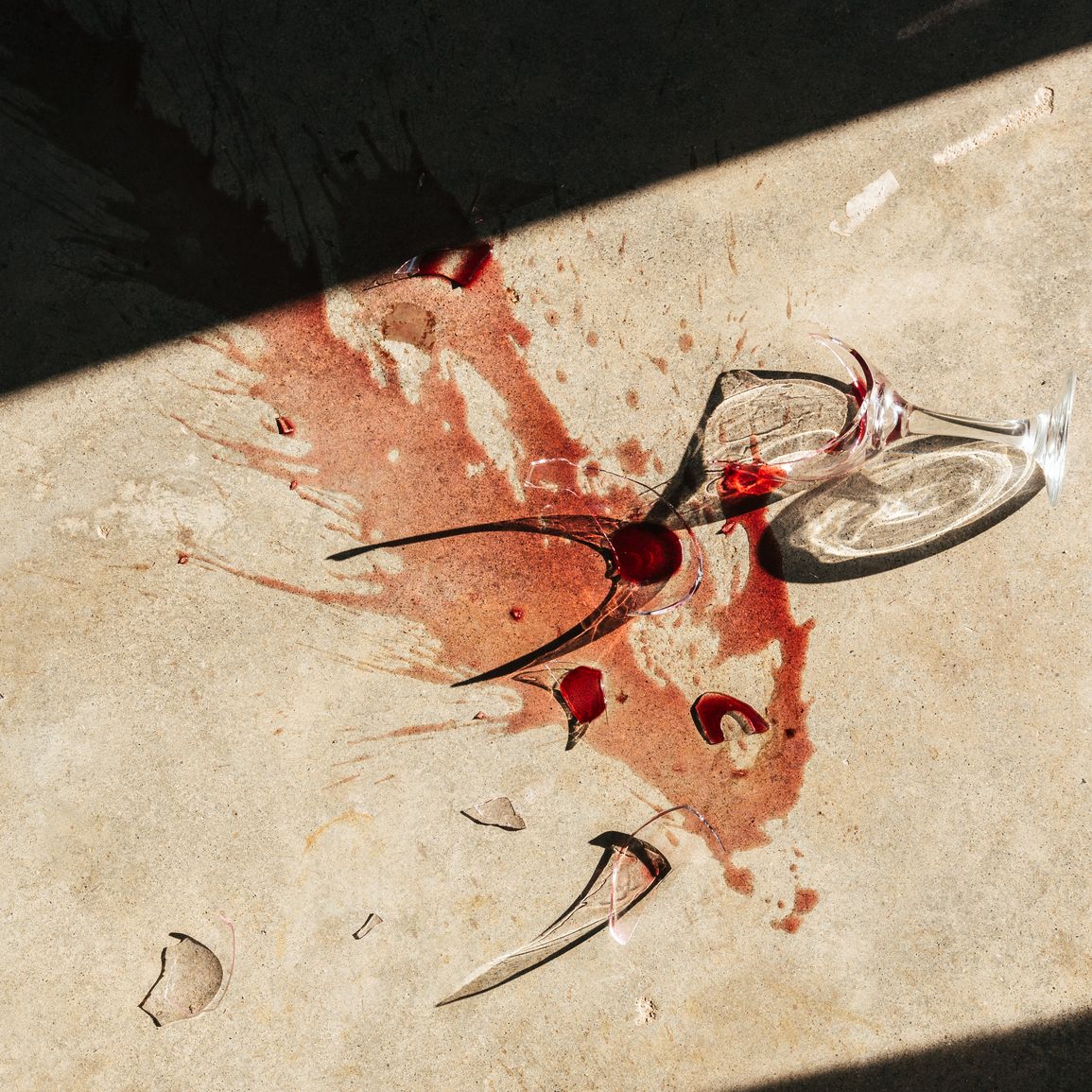 I Used to Imagine Murdering the Men I Dated
I Used to Imagine Murdering the Men I DatedFalling in love helped me finally figure out why.
By Jessica Amento
-
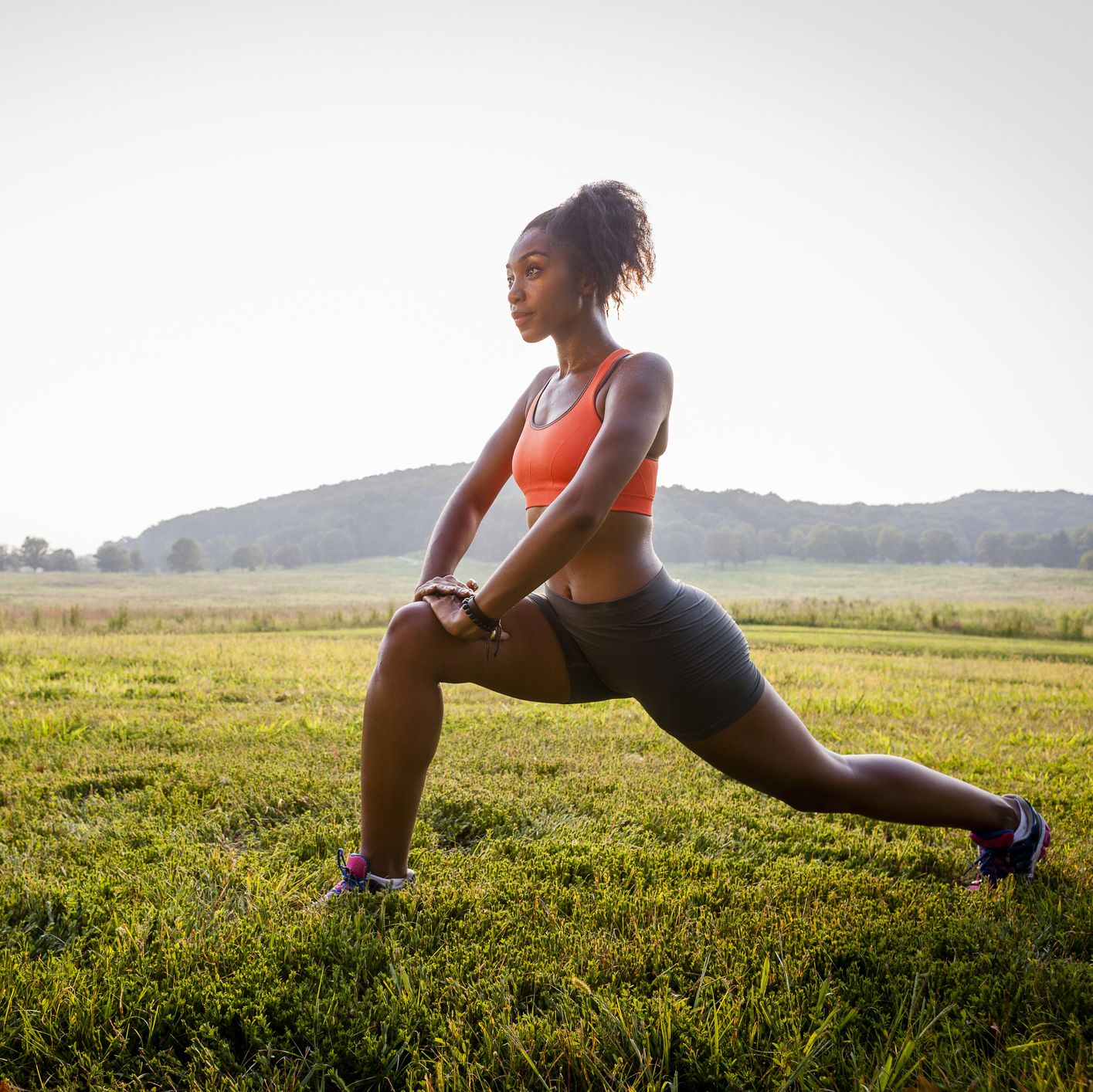 60 Workout Apps for Women Who Want Results (Without a Gym Membership)
60 Workout Apps for Women Who Want Results (Without a Gym Membership)Buying Guide Easy fitness plans you can follow without fear of judgment.
By Bianca Rodriguez